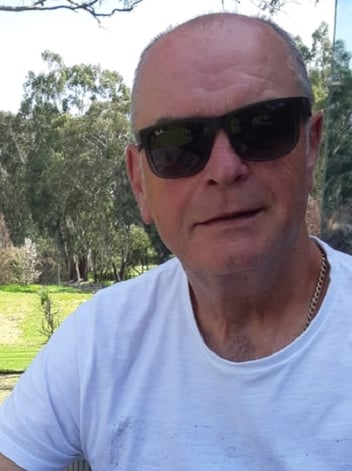New tool for benchmarking water sensitivity in regional Australia
While much effort has been lent to establishing water sensitivity goals in Australia’s urban areas, one expert says there is plenty of scope for applying the same logic to regional cities.
Presenting at the upcoming Australian Water Association NQ Conference, Alluvium Consulting Townsville Manager Fiona Chandler said the state-and-nationally funded Centre of Cooperative Research Centre has been developing a benchmarking tool for regional councils.
“The CRC, of which Alluvium is a partner, has been working on a tool to assist organisations, and local governments, benchmark their water sensitivity,” Chandler said.
“We want to encourage our clients to think differently about water, and more creatively about opportunities, and the importance that water plays in our cities and regions in particular.”
Chandler said that, while ‘water-sensitive cities’ is a phrase that’s been thrown around, the tool aims to debunk what water sensitivity means to different regions.
“The tool itself came about because we were using this term ‘water-sensitive cities’ with the ultimate goal of achieving a combination of sustainability, resilience, great liveability and productivity,” she said.
“What we are missing is: how do we measure it? How do we start to visualise water sensitivity in terms of management?
“But our tool allows us to look at the goals of water sensitivity, and the many indicators to achieving those goals. The workshopping process has been very interactive; it engages with key stakeholders that have a role in water management.”
Furthermore, Chandler said the tool helps to uncover problem areas for councils, based on their own unique geographical considerations.
“The tool not only helps to give an indication of how a council is going in terms of water sensitivity, but it also identifies any gaps and allows them to think about their strategy moving forward,” she said.
Chandler said the CRC’s tool has been trialed in five different location, and Townsville is of particular interest due to the city’s recent issues with drought.
“In Townsville, the coastal lifestyle and environment certainly has an impact on the region’s indicators. There is a lot of interest in runoff quality, given the Great Barrier Reef’s location,” she said.
“While drought was a big topic in Townsville when we started the process, by the time we had finished the dams had filled, from 15% to 86%.
“It demonstrates that good water-sensitive city management means that you are able to cope with different extremes and not reacting to one particular issue. It means that you are flexible and able to meet all of these different changes.”
And while Australia’s regions are hit with some of the most crippling weather extremes in the world, Chandler said regional councils have many strengths to draw from.
“Regional councils have a lot of responsibility: they are a council, but also a water provider. This is an advantage and a disadvantage, in comparison to urban utilities, because they have access to all the decision making,” she said.
“They can significantly impact outcomes quicker and easier than in big capital cities. I think this is the opportunity for regions, to take their leadership opportunity and run with good ideas.”
Register for the Australian Water Association NQ Conference to hear more from Fiona Chandler about nurturing water sensitivity in Australia’s regions.
Related podcast:
https://omny.fm/shows/australianwater/jennine-finlayson-on-safe-and-sustainable-drinking

